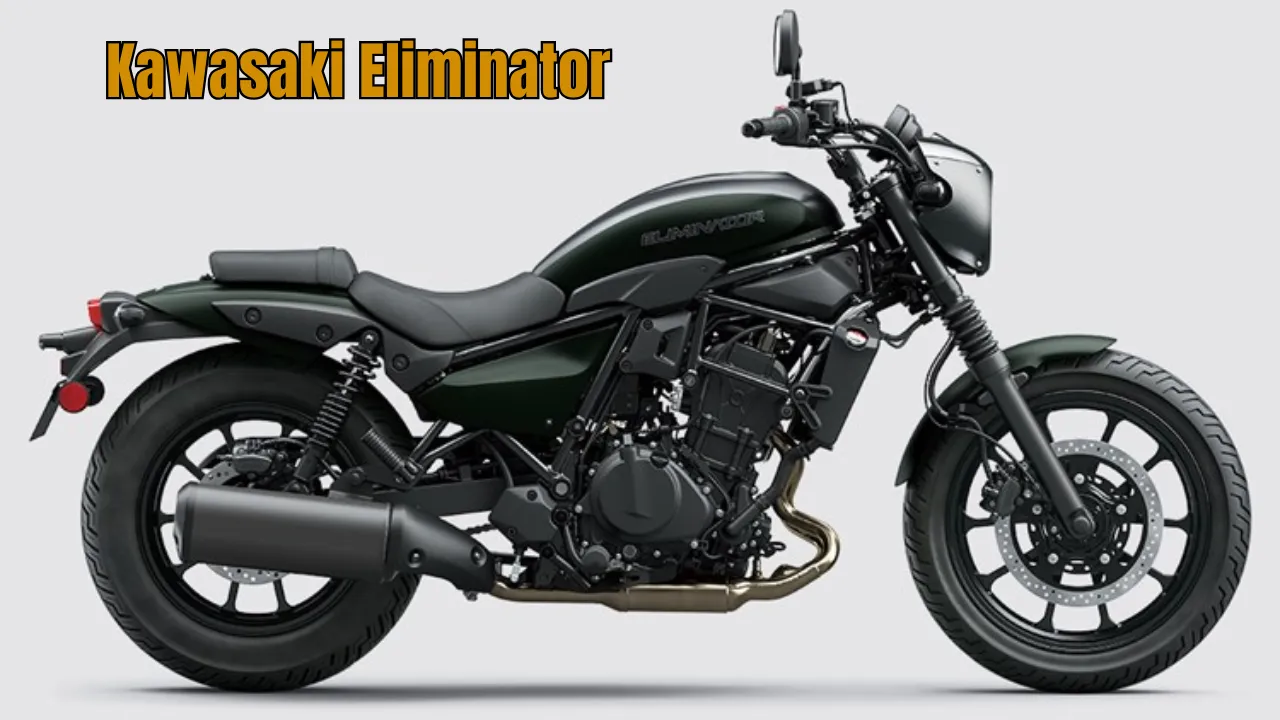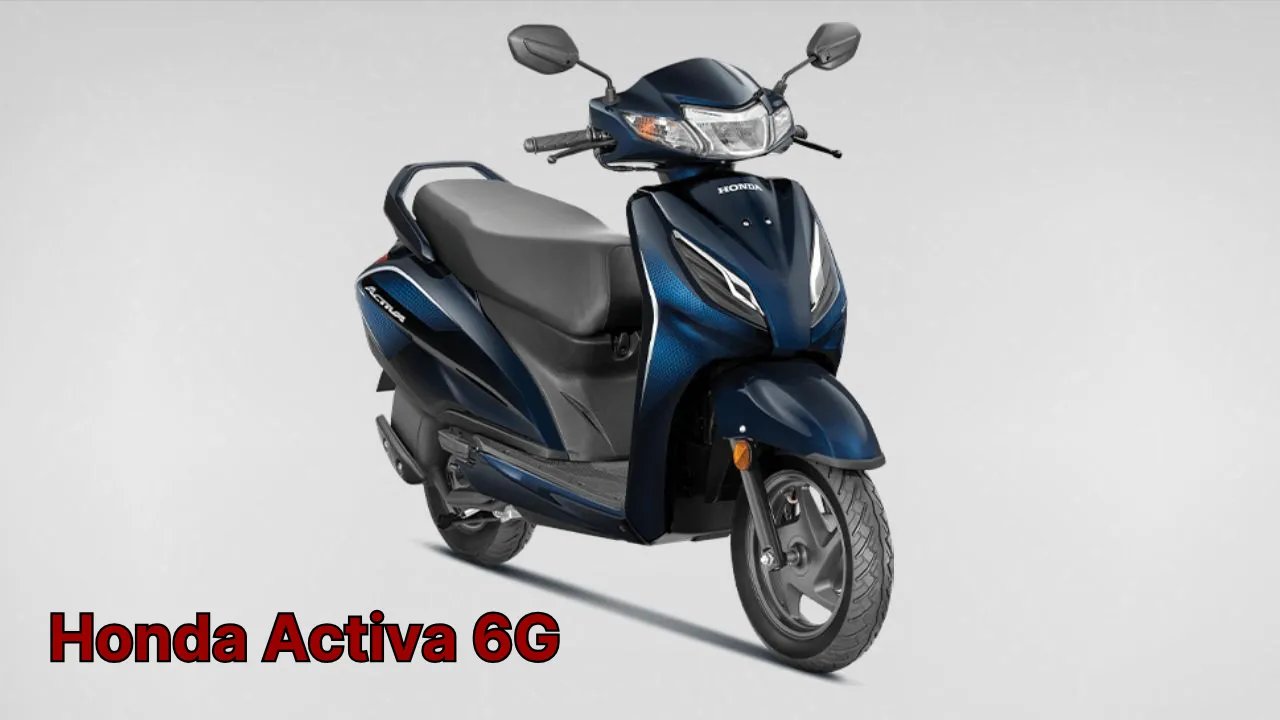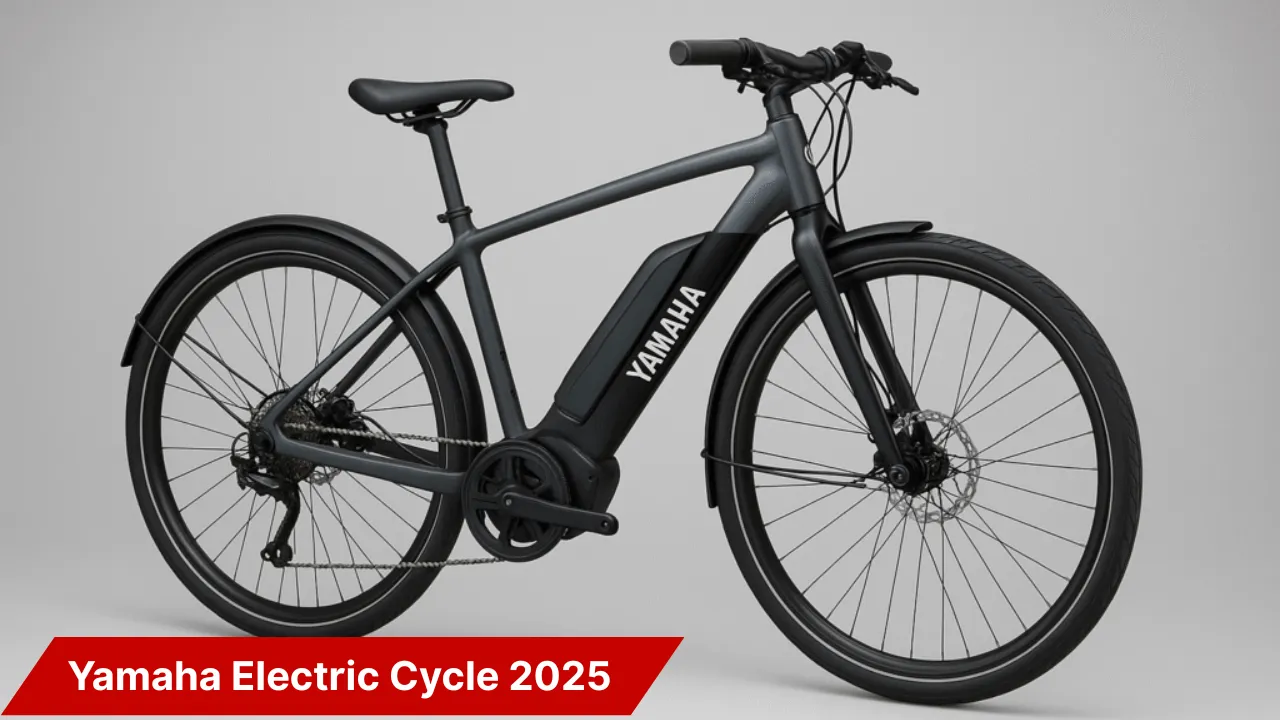Kerala State Coir Machinery Manufacturing Company stands at the crossroads of tradition and innovation, where natural resources are being harnessed to build stronger, safer, and more sustainable communities. In regions frequently affected by floods and soil erosion, especially in parts of India, there is an urgent need for practical, affordable, and eco-conscious solutions. Here, coir—derived from coconut husk—proves its worth.
This article explores how the Kerala State Coir Machinery Manufacturing Company (KCMMC) supports disaster-resilient infrastructure by enabling large-scale production of coir-based materials. We’ll look at how KCMMC’s advanced machinery aids in flood control, supports erosion management, and promotes local employment while helping communities adapt to climate-related challenges.
How Kerala State Coir Machinery Manufacturing Company Supports Disaster-Resilient Infrastructure
The Kerala State Coir Machinery Manufacturing Company is a government-supported initiative focused on building machinery that turns raw coir fiber into practical tools for disaster mitigation. With Kerala and other coastal regions experiencing increased flooding and soil degradation, the demand for eco-friendly, durable, and cost-effective coir products has risen sharply. KCMMC has stepped up to meet this demand by developing machines that can manufacture coir mats, logs, and coir geotextiles, which are used extensively for flood control and erosion protection. This strategic use of natural fiber tech not only strengthens local infrastructure but also aligns with sustainable development goals.
Overview: KCMMC’s Role in Flood-Resilient Infrastructure
| Key Area | Description |
| Machinery Development | Designs and manufactures coir processing machines for large-scale production |
| Flood Control Tools | Enables creation of coir geotextiles, mats, and logs used in waterlogged areas |
| Sustainable Materials | Promotes biodegradable alternatives to synthetic erosion-control products |
| Employment & Empowerment | Supports local coir industries and women-led cooperatives |
| Environmental Benefits | Encourages use of renewable resources, reduces pollution |
KCMMC’s Mission in Coir Tech for Resilience
The Kerala State Coir Machinery Manufacturing Company was established with the core goal of uplifting the traditional coir sector through mechanization and innovation. By bridging the gap between manual coir production and industrial-scale needs, KCMMC is ensuring that coir products become accessible and scalable solutions for infrastructure challenges in flood-prone regions.
Rather than relying on synthetic materials, KCMMC’s machinery promotes the processing of natural fibers into functional materials such as coir erosion blankets, stitched geotextiles, and fiber rolls. These are increasingly used by environmental agencies, civic bodies, and construction firms looking for eco-conscious alternatives that actually work on the ground. The company’s consistent investment in R&D has made coir products a vital part of sustainable engineering strategies in both urban and rural areas.
How Coir Products Help in Flood-Prone Areas
Flood-prone regions, particularly those with loose topsoil or steep terrain, face severe erosion risks during heavy rainfall. This is where coir mats and geotextiles, made using KCMMC’s advanced equipment, provide an essential buffer. These mats hold the topsoil in place, reduce surface water runoff, and allow for vegetation regrowth, which further strengthens the landscape.
Coir products are uniquely suited for this task. They are biodegradable, which means they don’t need to be removed after installation, and they naturally decompose into the soil without leaving harmful residues. The machinery from Kerala State Coir Machinery Manufacturing Company supports the mass production of these materials in various sizes and thicknesses, tailored for different terrains and erosion conditions.
Moreover, coir mats can be pre-seeded with grass or native vegetation, accelerating regrowth after flooding. This makes them doubly effective—not just as physical barriers but also as tools for environmental restoration.
Technology Behind Coir-Based Erosion Control
The success of coir products in disaster-resilient design hinges on the precision and capacity of the machinery used. KCMMC has developed and deployed several key technologies that have revolutionized how coir is processed and applied:
- Coir Fiber Extraction Machines: These extract long, strong fibers from coconut husks, which serve as the raw material.
- Spinning Units: Convert raw fiber into yarn, used in weaving coir geotextiles.
- Weaving Looms: KCMMC’s motorized looms enable fast and efficient production of mats and nets in custom dimensions.
- Needle Felting Machines: Used to create thick mats and erosion blankets by compressing loose fibers.
These machines are vital for ensuring consistency in quality and scale, especially when responding to post-disaster rebuilding needs. Their efficiency means that large volumes of erosion-control materials can be produced and deployed quickly in vulnerable areas.
Eco-Friendly Alternative to Synthetic Materials
The environmental impact of conventional flood-control materials—usually made of plastic or chemically treated fabrics—is a growing concern. Over time, these products contribute to pollution and can harm local ecosystems. In contrast, coir-based materials present a zero-waste, low-carbon solution.
The Kerala State Coir Machinery Manufacturing Company plays a crucial role in encouraging this transition. Their machines reduce dependence on imported synthetic options by empowering local units to produce eco-friendly erosion control materials. This supports both environmental sustainability and economic resilience.
Additionally, by tapping into a renewable resource like coconut husk—abundant in Kerala and other tropical regions—KCMMC reinforces the value of circular economy practices.
List of Coir-Based Solutions Enabled by KCMMC
- Coir Geotextiles: Mesh-like materials used on hillsides, roadsides, and embankments.
- Erosion Control Blankets: Thick mats that prevent soil displacement in high-rain areas.
- Coir Mesh Mats: Used for stabilizing slopes and restoring vegetation cover.
- Coir Logs and Rolls: Placed along riverbanks to prevent erosion and encourage plant growth.
- Soil Bioengineering Mats: Pre-seeded with plants for rapid natural integration.
All these products are supported by coir machinery developed specifically by KCMMC to ensure high performance and reliability.
Benefits of KCMMC’s Machines in Disaster-Prone Areas
- Rapid Production: When disaster strikes, time is crucial. KCMMC machines enable quick response by producing coir mats in bulk.
- Community Empowerment: The machines are often used by local women-led cooperatives, providing income and skills development.
- Cost-Effective: Local manufacturing avoids import costs, making solutions more affordable for local bodies.
- Environmental Advantage: Coir decomposes naturally, returning nutrients to the soil without leaving pollutants.
- Climate Adaptation: These coir-based interventions align with global climate resilience strategies, making them future-ready.
Government and Community Impact
The partnership between the Kerala State Coir Machinery Manufacturing Company, government agencies, and NGOs has built a strong framework for disaster resilience at the grassroots level. Through subsidies and training programs, KCMMC makes sure that even small rural units can access and operate their machines.
This decentralization not only speeds up production but also strengthens local ownership of flood-control efforts. In many areas, community-run coir production units have become hubs for climate adaptation, combining tradition with technology in impactful ways.
FAQs
1. What does the Kerala State Coir Machinery Manufacturing Company produce?
KCMMC produces coir processing machines that help manufacture coir mats, geotextiles, and erosion-control products.
2. How do coir products work in flood-prone areas?
They stabilize soil, reduce erosion, and allow for vegetation growth, which makes the ground more flood-resistant.
3. Are coir mats better than plastic erosion-control materials?
Yes, coir mats are biodegradable, eco-friendly, and do not pollute the environment like plastic alternatives.
4. Who uses KCMMC’s machinery?
Local cooperatives, NGOs, self-help groups, and government agencies use the machines for producing coir-based flood-control tools.
5. Can small villages afford these machines?
Yes, with government support and cooperative models, even small rural units can operate KCMMC’s machinery efficiently.
Final Thought
The Kerala State Coir Machinery Manufacturing Company is redefining how we think about infrastructure and sustainability. By combining local knowledge with advanced machinery, KCMMC is proving that natural solutions can be just as effective—if not more—than synthetic ones in addressing modern challenges. Their role in supporting disaster-resilient, environmentally conscious infrastructure is both timely and transformative.
If you’re passionate about sustainable development or are looking to bring flood-resilient infrastructure to your region, consider exploring the possibilities coir technology has to offer. Drop a comment or share this article to spread the word. You can also browse related topics to learn how coir is changing lives across the globe.













 Claim Here!
Claim Here!